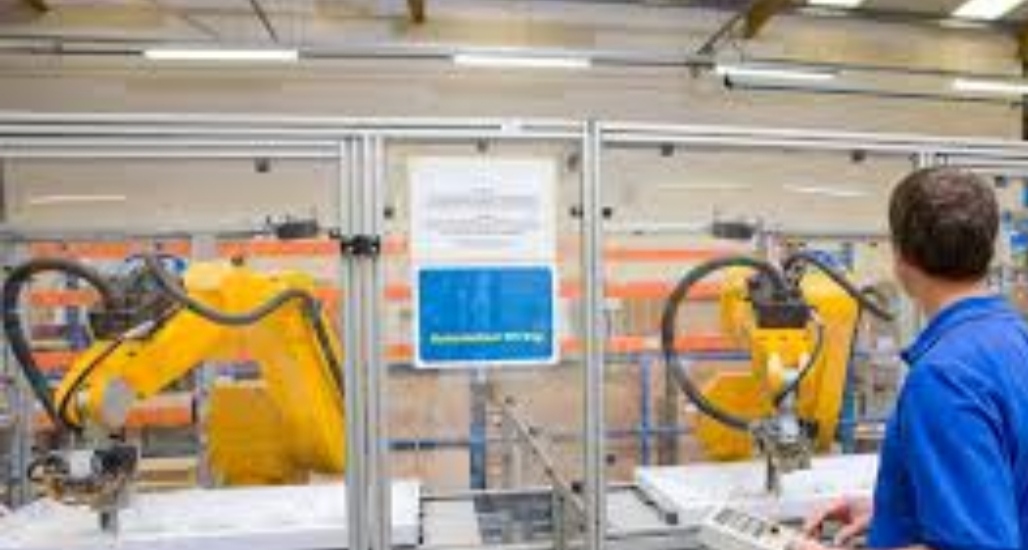Recently, most countries have persistent Job shortage and Unemployment problem. And apparently, since the employment does not increase while the economy grows, this phenomenon called as ‘Jobless Growth’. Due to chronic high unemployment in most countries, it has become as important and imminent question in Economics, how Employment growth is affected by Economic growth. Growth is not a means to an end: it is designed to serve people, promote development and reduce poverty.
Creating jobs and incomes is crucial for development. Most developing countries struggle with high unemployment or underemployment. Many people can barely live from what they earn. This is why creating new jobs, but also improving incomes and working conditions for existing jobs, is hugely important. Pro-development integration into global trade as well as foreign direct investment can facilitate this process.
Innovations and technologies contribute to economic growth and employment, but also to overcoming other key problems of development. This also includes technologies for improving environmental protection. In recent years, the significance of employment has rightly been reflected more closely in the focus of development policy debates. The world faces the “urgent challenge” of creating 600 million productive jobs over the next decade in order to generate sustainable growth and maintain social cohesion, according to the annual report on global employment by the International Labour Organization (ILO).
The Global Employment Trends Report also said the world faces the additional challenge of creating decent jobs for the estimated 900 million workers living with their families below the poverty line, mostly in developing countries. Secure jobs with social benefits and fair pay offer a way out of poverty, which explains why employment is a key pillar of development. Another important thing is improved infrastructure and a more effective financial systems and education institutions which facilitates the establishment and growth of companies that create jobs. The income generated as a result boosts the economy and employment.
The type of economic growth (extensive or intensive), is an important factor that determines the rhythm of job creation in relation to economic growth. Thus, the economic growth (GDP growth -aggregate production) as reaction to the aggregate demand growth, can be achieved in different ways: either the quantity of inputs (labour force, capital, etc) increases and then the extensive growth, or the productivity of production factors increases (intensive growth), or a combination of the two possibilities.
On the other hand, the size and evolution of the effect that the economic growth process has on employment differs according to other factors such as rhythm of introducing technical progress, institutional changes specific to the labour market, wage policies, etc.




